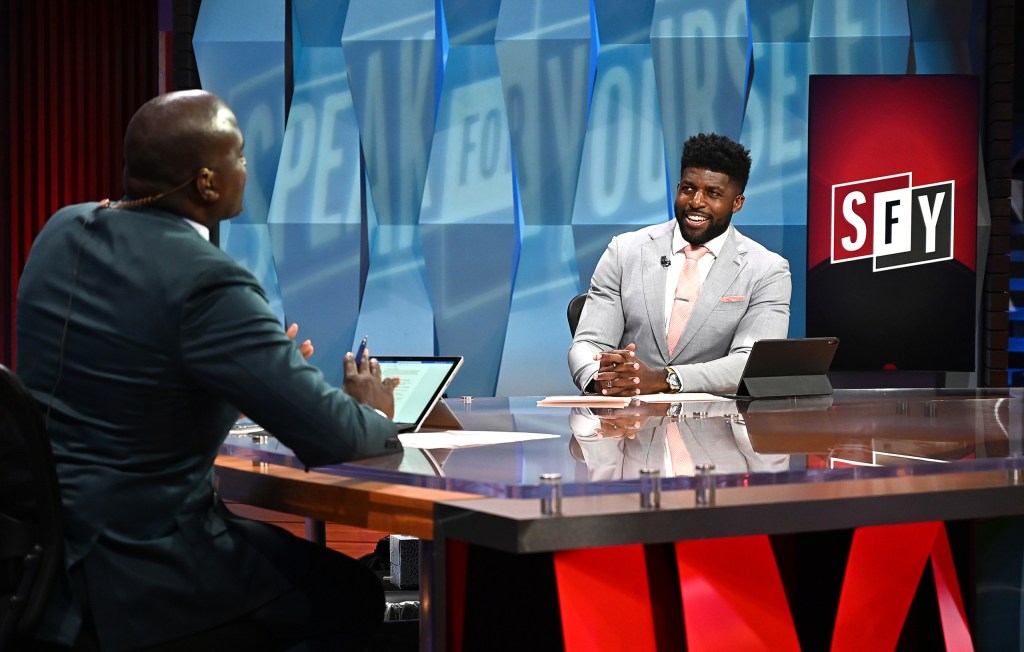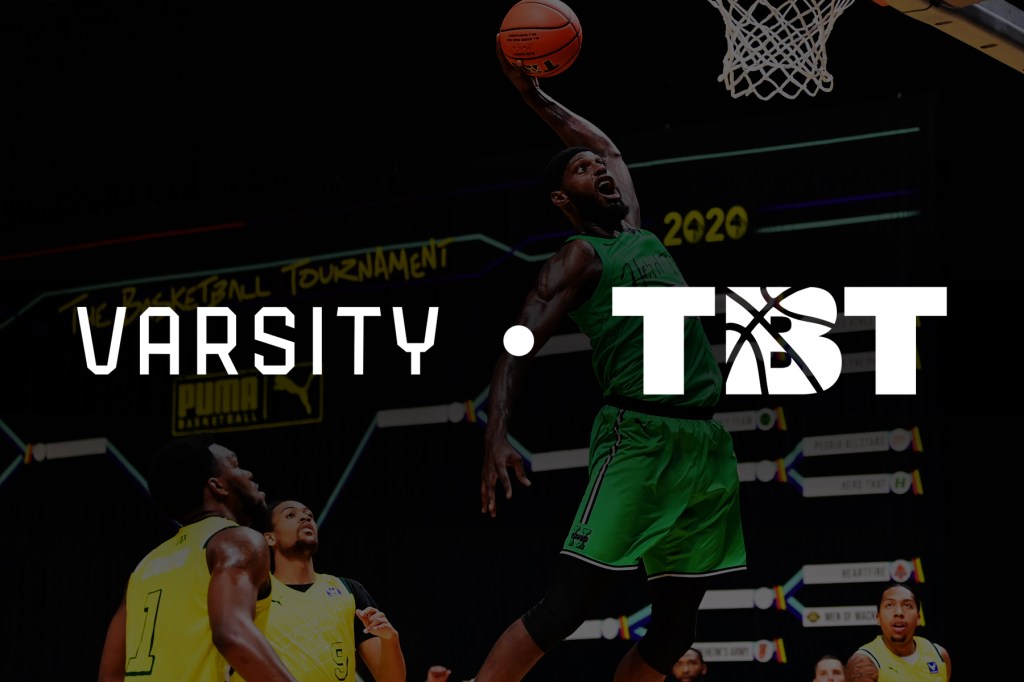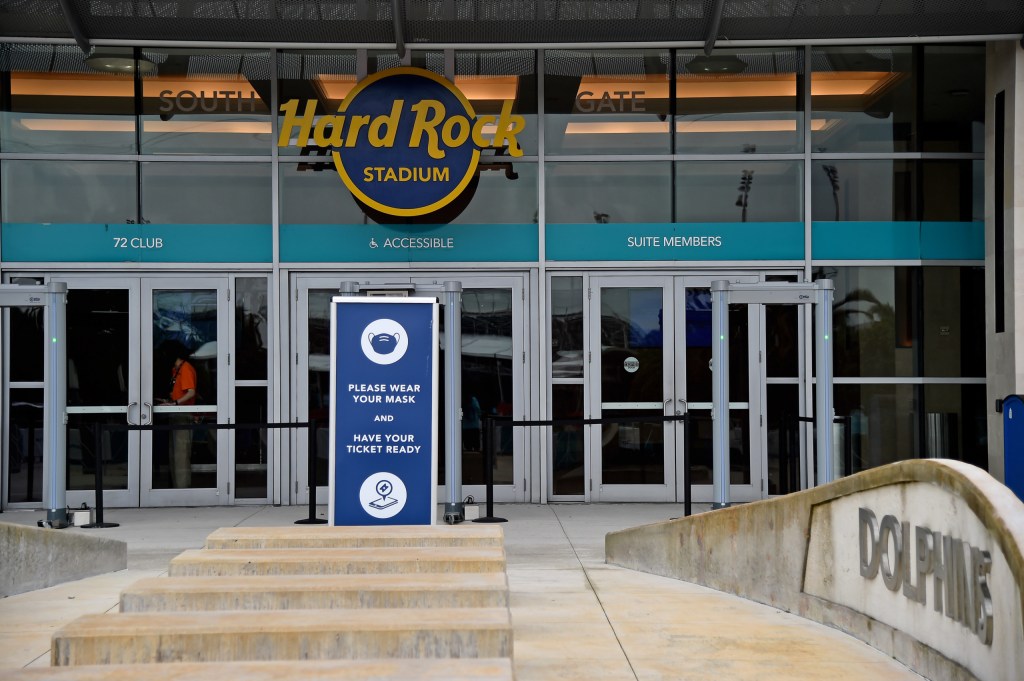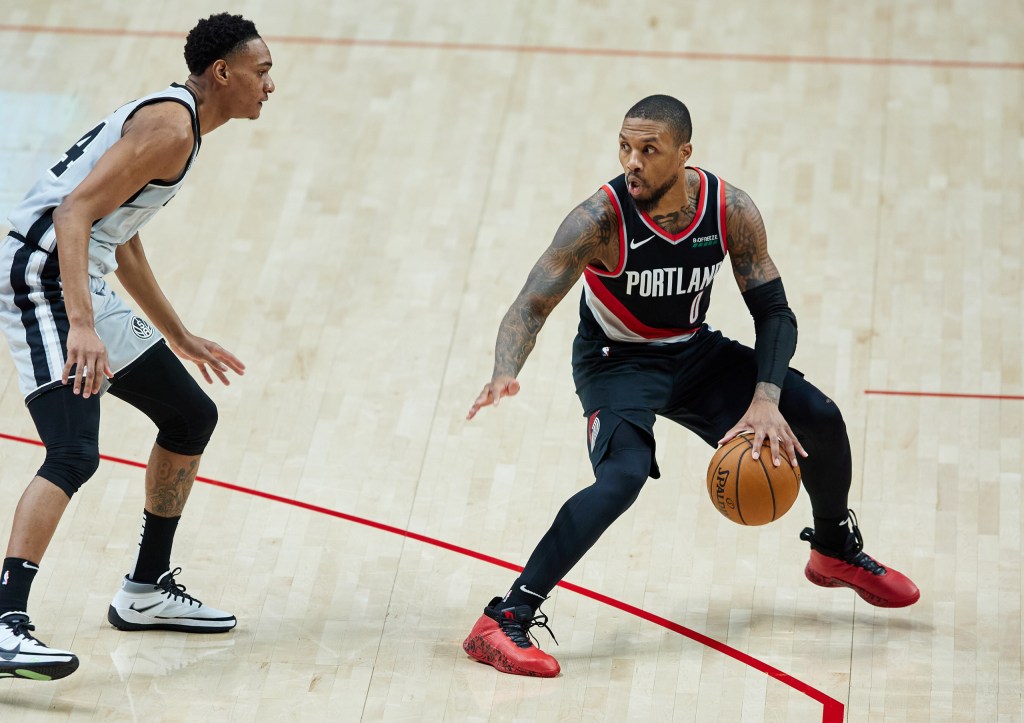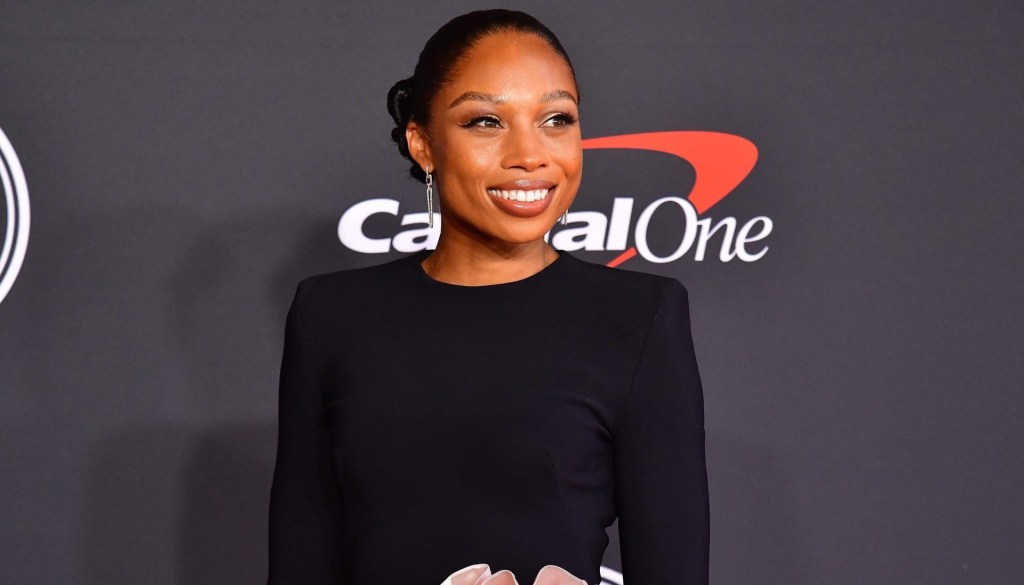By: John Searby, @JohnSearby
It’s the day you’ve always dreamed about…your first interview for a job in sports! If you’re lucky and you’ve been smart enough to read this blog post in the past, you’re first interview is happening BEFORE you graduate from college so that you can get some experience before your rent payment depends on it. If you’ve waited until your final semester or after graduation to land that first sports job interview, well then, the stakes are higher so here are a few tips to help you prepare and some questions to think about before you sit down with a potential employer.
Do your research. I assume that if you got the interview lined up you had to at some point speak by phone or email with the person you are going to interview with or their assistant. So find out something about the person or group of people you are about to meet with and take some notes. There are tons of ways to get this information from the organization website to LinkedIn and Twitter to a simple Google search. Make some notes about areas where you have common ground. Maybe they started their career with the Charlotte Knights (Triple A baseball affiliate of the Chicago White Sox) and you’ve been a huge Sox fan your whole life. This is a comfortable thing to make small talk about. Mention to them that you noticed that they worked for the Knights and tell them you’re a huge Sox fan…did they ever meet any of the big league players down on rehab assignment? Not only will this establish some connection between the two of you, but it will show them that you are interested enough to do your homework. I still employ this today when I am meeting with a new potential client for the first time and it is amazing how much more comfortable the conversation feels when we establish that connection.
Dress appropriately. It is fine to ask someone in an email or on the phone in advance of the interview what the company dress code is. If you are interviewing for a junior groundskeeper job, it probably isn’t appropriate to show up in a suit and tie, but if you’re interviewing for a group sales executive, it isn’t appropriate to show up in jeans. In any case, always err on the side of over dressed. After you’re hired, it will be a funny story to talk about how you wore a business suit to your interview the day your boss was wearing sweats because she had to catch a plane to Europe that afternoon; but it won’t be funny if you show up in wrinkled khakis, scuffed up shoes, and an untucked golf shirt and everyone you are interviewing with is wearing business casual.
Be prepared for the unexpected. There is no magic list of interview questions that you can rehearse. Obviously, you’ve got to be able to comfortably walk through the “tell me about yourself” opening statement portion of the interview, but that is the least of your worries. You should practice that statement with your friends and roommates and time yourself. If you can’t talk about your education, background, experience, and general desire to work in sports for 3–5 minutes you either need to bulk up the content or find a way to trim it down. What you REALLY need to be prepared for are the unexpected questions. When I interview young professionals, I always try to throw them a curve ball in the interview to see how they think on their feet. This is because in sports, when you are dealing with a fast-paced environment and often public-facing positions, you need to be able to think quickly and respond appropriately. Some of the questions I’ve used are: What is the back up plan if you don’t get this job? Tell me about the stupidest thing you ever did in a college class. Who do you look at professionally as a role model and why? How do you spend a day at work when you have no tasks that have been given to you by your boss? If I gave you a $100 bonus for outstanding performance, how would you spend it? Some of these may be relevant to the job itself, some may not. The only way to be prepared for the unexpected question it to relax, listen carefully to the person speaking (instead of trying to think of your next answer), and then take a couple of seconds to THINK before your TALK. Finally, be honest when you answer…even if it is a little embarrassing or revealing it will earn you the trust of the interviewer.
Be appreciative. When the interview is done, thank everyone by name for their time. I can’t tell you how many times I’ve recommended my second choice to a friend who had a similar position they were hiring. When you get home, preferably in the first 24 hours, send each person an email thanking them for their time, thanking them for the opportunity to interview for the job, offering one simple reason why you think you’d be great for the position, and telling them you look forward to working with them in the near future. It should read something like this:
Dear Mr. Smith,
Thanks again for taking the time to meet with me this morning. It was fascinating to learn about the role of the food service department in the overall success of the Miami Mudhens Stadium Operations. I appreciate the opportunity to talk specifically about the Junior Suite Director position. My background in event planning during my summers in college as well as my passion for great customer service make this job a great fit for me. I look forward to joining the Mudhens’ team and working with you in the near future. Please don’t hesitate to call or email with any further questions.
Have a great day.
Regards,
John Searby
Throughout the entire interview process, remember to be yourself. Those of us who have the pleasure of interviewing or working with young sports professionals see cookie cutter-type young people and hear the same boring answers all of the time. Try to relax and let the best parts of your personality come through. It is the only way that your potential employer, and you, will know if you are truly a good fit for the position you are seeking.
